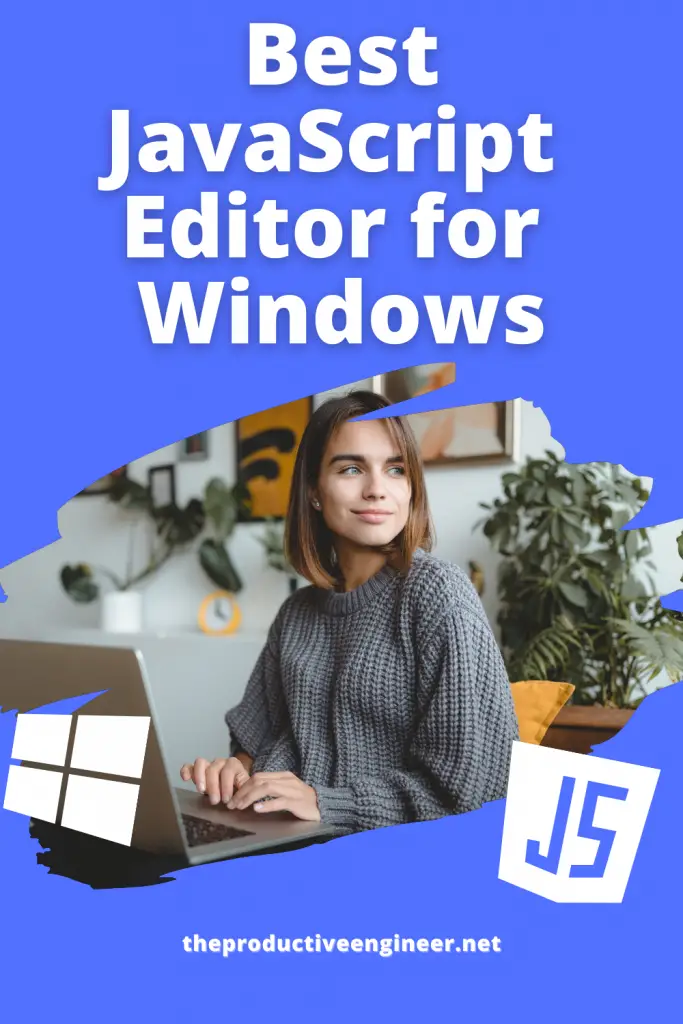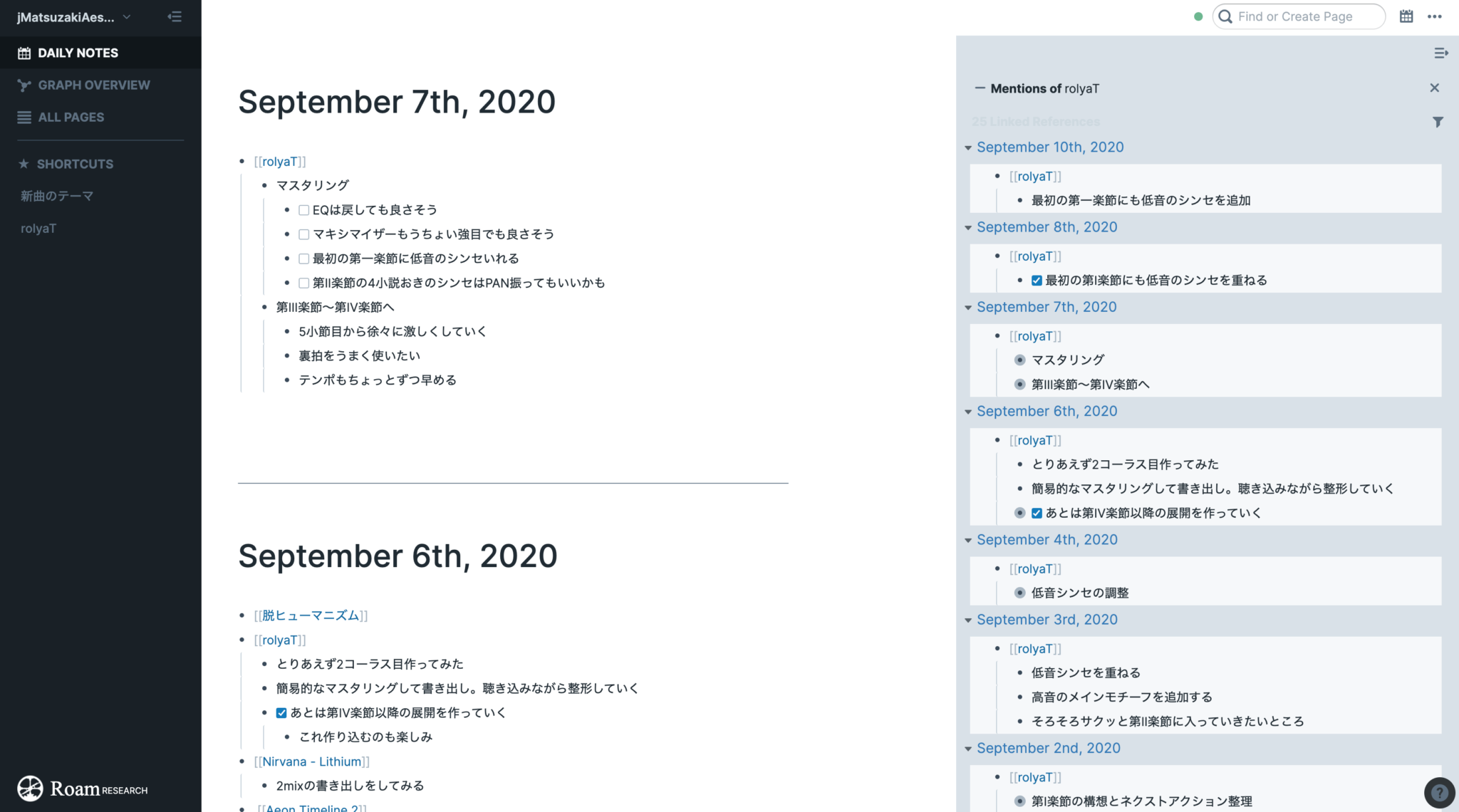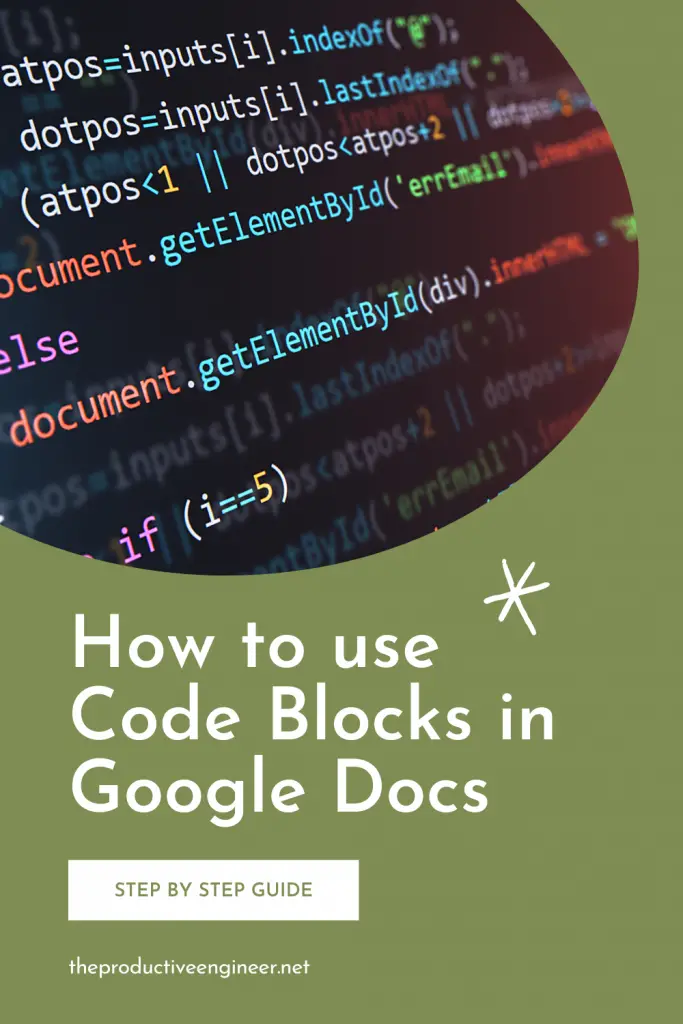
Other reasons why it worked for me is that it looks and feels quite similar to Visual Studio Code (I believe it was indeed based on VSCode) which is also how I edit the markdown files that turn into blog posts so there’s a lot of similarity in workflow. But if you need your notes on your phone, this would likely not be the best option. For my personal use, I don’t mind because I’m not using it for any sort of planning or anything and only using it for note-taking from media like books where I would be sitting down on my computer anyway. This can also be really frustrating though as you can’t access these notes on another device without having to move them over yourself (or pay a premium syncing fee). Obsidian uses markdown files that are stored locally, so even if Obsidian catastrophically fails, your notes will still be safe (albeit as simple markdown files). Many people really like Roam Research but as of now, there is no free tier.

I wanted to find something where these links are the primary focus. Notion does have a search feature (though I find it rather clunky) but linking to information on another page is quite difficult.

Here, I ran into the issue that I often read books about the same topic and I want to be able to reference notes I’ve taken from similar books. What I don’t like it for though is note-taking from books. I still love Notion and I still use it for planning my life. A page can only have one parent page (though it can be linked elsewhere). In order to navigate Notion, you have to know where your pages are. But the basic idea is that an architect preplans a structure. Here’s a more in depth article about this if you’re interested.


There’s this idea that note taking apps fall into three categories: ones for architects, gardeners, and librarians. I’ve been a big fan of Notion for a while now but I realized that it wasn’t quite working for me.


 0 kommentar(er)
0 kommentar(er)
